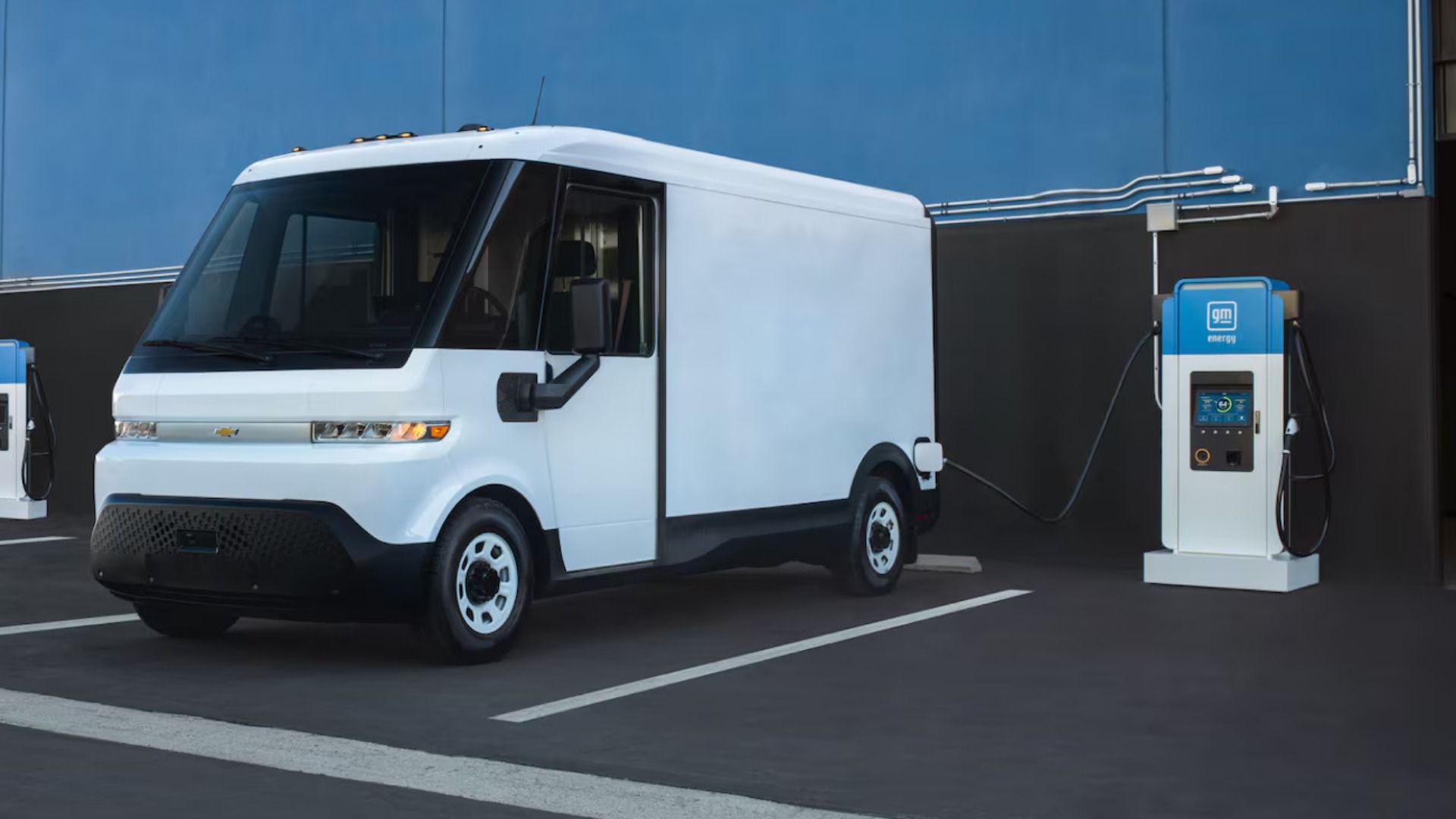Adam Thierer column: End restrictions on direct-car buying | Columnists
[ad_1]
With gasoline charges soaring to effectively higher than $4 per gallon, just about every day would seem to bring new illustrations of federal and condition lawmakers decrying the situation and, in quite a few cases, pushing for a lot more environmentally welcoming transportation. It would seem peculiar, then, how many states actively restrict the means of people to right obtain an electric vehicle — something that could enable on both counts.
Surprisingly, it is unlawful in some states for buyers to obtain an EV — or any vehicle — instantly from an vehicle maker. Purchasers should go through a dealership, even when they do not need assist from a middleman (not to mention the markup). States with outright bans on direct sales contain Alabama, Arkansas, Iowa, Kansas, Nebraska, North Dakota, South Carolina, West Virginia and Wisconsin.
Other states seriously restrict immediate automobile purchases by imposing a wide variety of circumstances of their sale. Nevertheless other individuals enable direct product sales from EV chief Tesla, but not from other, more recent automakers. And shockingly, only 10 states allow customers the independence to buy vehicles nonetheless they would like.
Persons are also reading…
Why would lawmakers make it illegal to directly invest in electric powered motor vehicles, or any vehicles for that issue? Unfortunately, the reply arrives down to pure electricity politics: Area car or truck dealerships do not want the competitiveness, and they’ve confident some state leaders to shield their corporations with the legislation.
Think about if your nearby florist did not like level of competition from a grocery keep and coaxed lawmakers to make it unlawful for you shop for flowers everywhere else, forcing you to usually invest in from them. You’d most likely be outraged. Nonetheless that’s the type of protectionism auto dealerships love.
These prohibitions ended up imposed a long time back when motor vehicle dealerships and lawmakers feared massive automakers would bully “mom-and-pop” dealers. But that logic no extended performs in a nation comprehensive of mega-dealerships that have big sector share — many thanks at least in element to the aforementioned legal protections from opposition that they appreciate.
The Biden administration has been pursuing endeavours to market EVs in the hope of “positioning The usa to generate the electrical car or truck long run ahead, outcompete China, and deal with the local weather crisis.” State efforts to block or restrict immediate gross sales of EVs obviously are at odds with these aims.
President Joe Biden could persuade the Federal Trade Commission to investigate whether these point out restrictions on direct car or truck revenue violate federal antitrust rules. The FTC now studied the problem in 2015 when it commented on Michigan’s sales restrictions, contacting them “a specific protection for dealers — a security that probable is harming equally opposition and shoppers.”
The FTC rightly concluded that “consumers are the ones greatest located to select for them selves both of those the automobiles they want to get and how they want to obtain them.”
Federal regulators not often use antitrust laws to battle point out-imposed restraints on competitors, nonetheless. Even so, states have excellent incentives to reduce these legal guidelines on their own. It signifies a unusual, triple win that can assist broaden customer option, preserve individuals money and progress environmental objectives. Point out lawmakers should not allow local dealerships generate this discussion.
However, in its place of allowing buyers to consider the wheel, a lot of states are steering plan in the erroneous route by possibly refusing to reform these constraints or, worse still, proposing new costs to limit competition. It’s very clear that regional dealerships do not like new rivals these as Tesla, Rivian, Lucid, Lordstown Motors and other EV makers that use the direct sale company product.
Also, with much less mechanical parts, EVs may well not will need as a great deal service as standard vehicles. This signifies they could undercut assistance centers, which are a big profit engine for lots of local dealerships.
Of system, lots of shoppers nonetheless love likely to neighborhood car plenty to take a look at-drive selections, and all those service centers offer genuine value to numerous of them, much too. But that does not necessarily mean the common organization design should be locked in stone by power of law.
There aren’t a lot of other goods exactly where these naked protectionism still is tolerated, besides for difficult liquor profits. But even there, reforms are remaining thought of. It would be shocking if state lawmakers were being in a position to liberalize direct booze product sales in advance of granting people the freedom to specifically buy a vehicle.
Adam Thierer is a senior research fellow at the Mercatus Heart at George Mason University. He is author of “Evasive Business people and the Long run of Governance.”
© 2022, Tribune Material Company
[ad_2]
Resource website link








